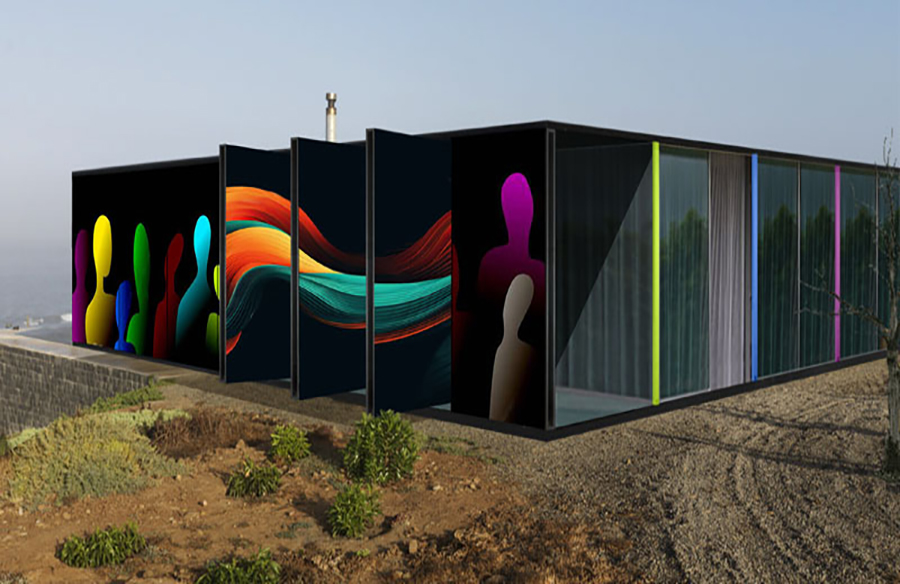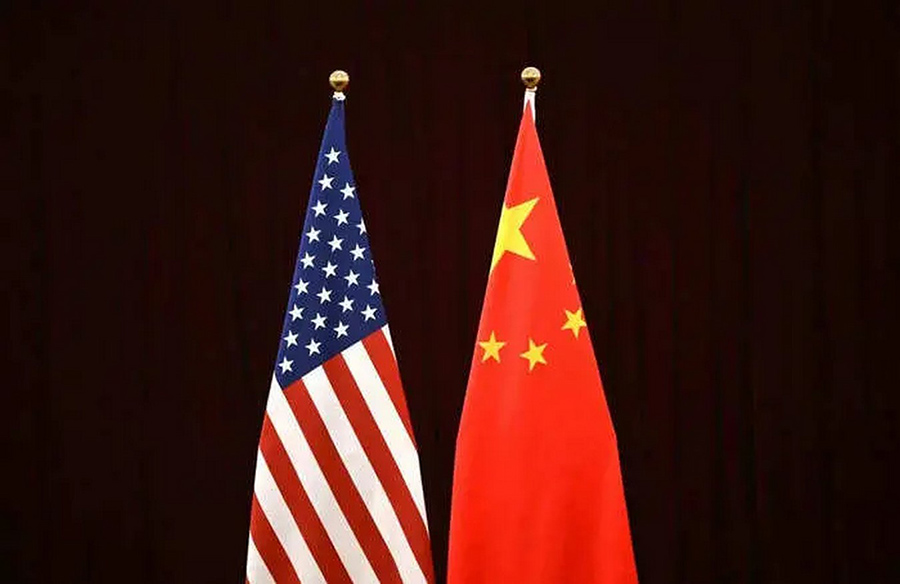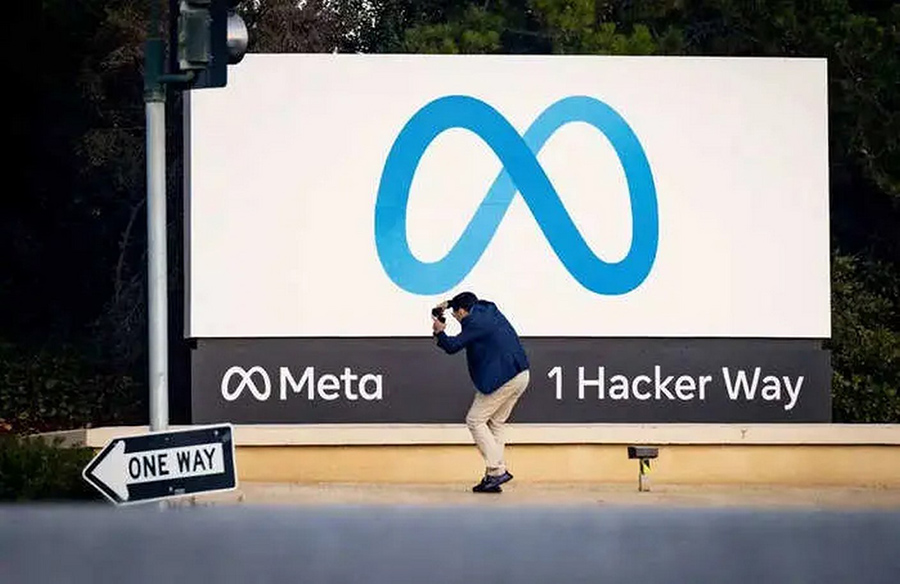The Silencing Effect of Nondisclosure Agreements

Nondisclosure agreements (NDAs) have become a ubiquitous feature of employment contracts in Silicon Valley and beyond, exerting significant control over workers’ ability to speak out about workplace issues. These agreements, often signed without much thought, can have far-reaching consequences, stifling individuals’ freedom of expression and perpetuating cultures of secrecy within organizations.
The Case of Kira: A Stark Illustration
Kira’s experience highlights the profound impact of NDAs on workers’ lives. After reporting a traumatic incident of workplace misconduct, she found herself bound by a settlement agreement that forced her resignation and imposed a lifetime gag order. This extreme example sheds light on the coercive power of NDAs and their role in silencing victims and protecting corporate interests.
The Pervasiveness of NDAs
While Kira’s case may seem extreme, the prevalence of NDAs in everyday employment practices is striking. Thousands of workers sign NDAs when starting new jobs or leaving current ones, often without fully understanding the implications. These agreements, hidden among stacks of paperwork, serve as potent tools for employers to control the narrative and shield themselves from accountability.
Limiting Individual Liberties
At their core, NDAs infringe upon individuals’ fundamental liberties by dictating what they can and cannot discuss. By restricting the topics and audiences for conversation, these agreements undermine transparency and accountability in the workplace. Moreover, the threat of severe financial penalties deters individuals from speaking out, perpetuating cycles of silence and complicity.
The Culture of Secrecy in Silicon Valley
In Silicon Valley, where innovation is prized above all else, NDAs have become entrenched in the culture of secrecy. Companies justify these agreements as necessary to protect proprietary information and maintain a competitive edge. However, the sweeping nature of NDAs often extends far beyond safeguarding trade secrets, encompassing a wide range of topics, including workplace misconduct and abuse.
Unveiling the Scope of NDAs
Insider’s review of 36 NDAs from tech workers provides a glimpse into the breadth and depth of these contracts. From Fortune 500 giants to fledgling startups, NDAs impose stringent restrictions on employees’ speech, raising concerns among experts and legal professionals about their legality and ethical implications.
Conclusion
As NDAs continue to exert control over workers’ ability to speak out, it is essential to scrutinize their impact on individual rights and organizational transparency. The case of Kira serves as a sobering reminder of the coercive power wielded by these agreements and the urgent need for reform. By challenging the culture of secrecy perpetuated by NDAs and advocating for greater accountability, we can strive towards a workplace culture that prioritizes openness, integrity, and respect for individual liberties.


 English
English 






























































































































































































































































































































































